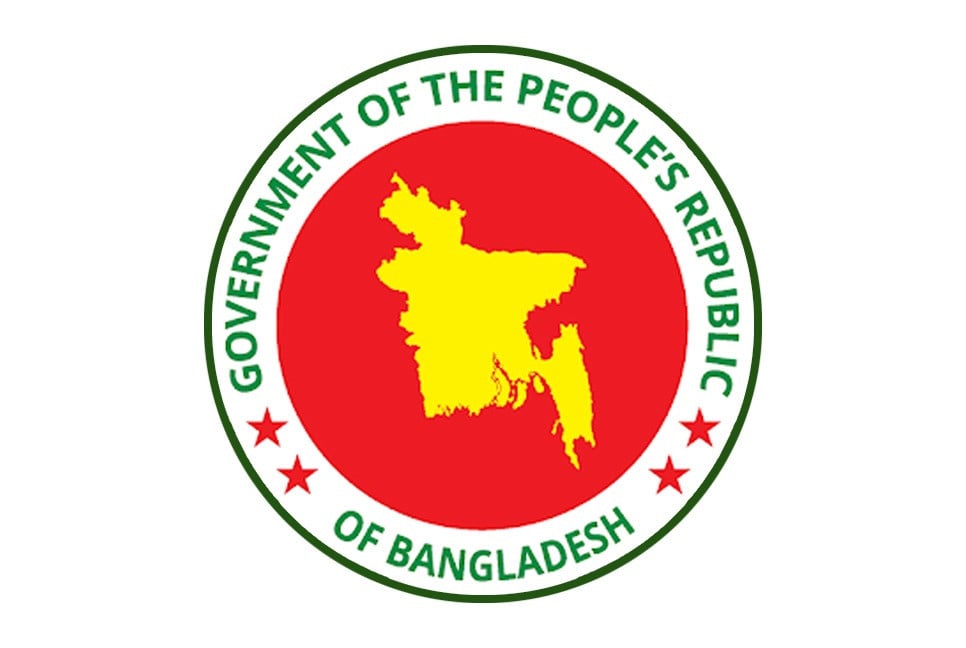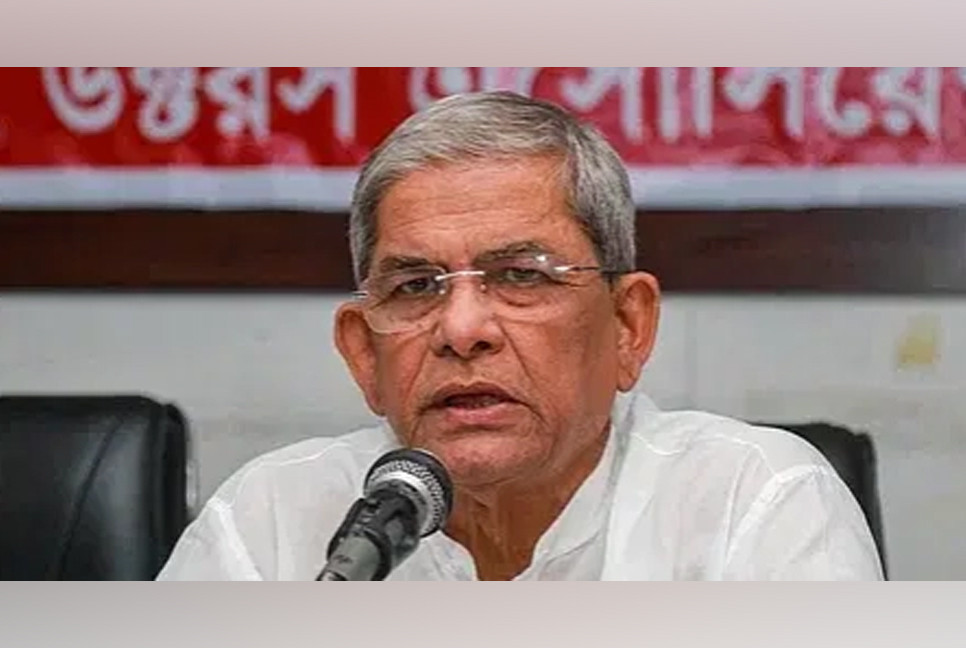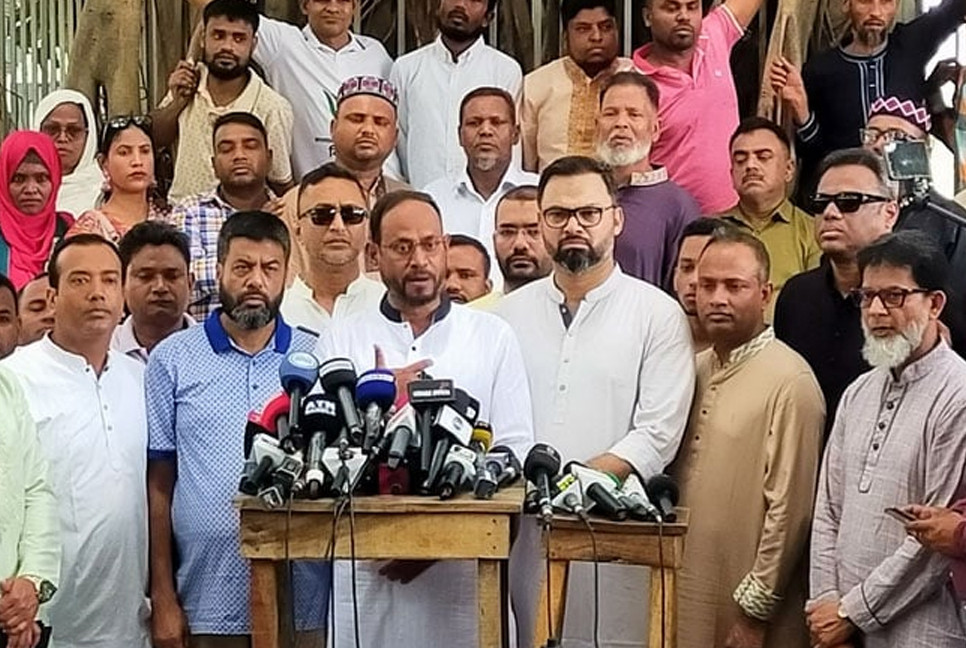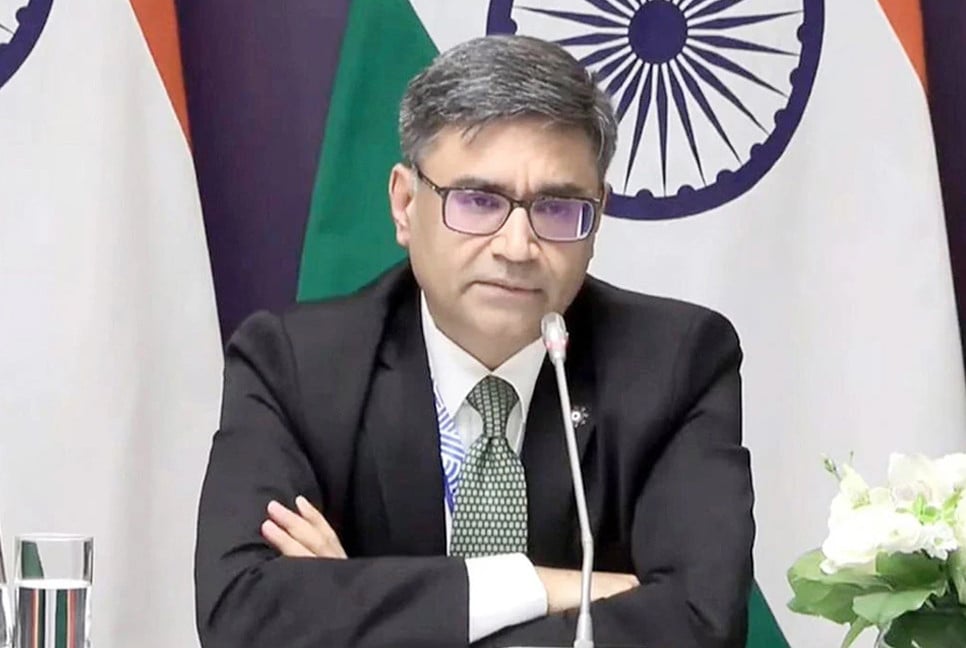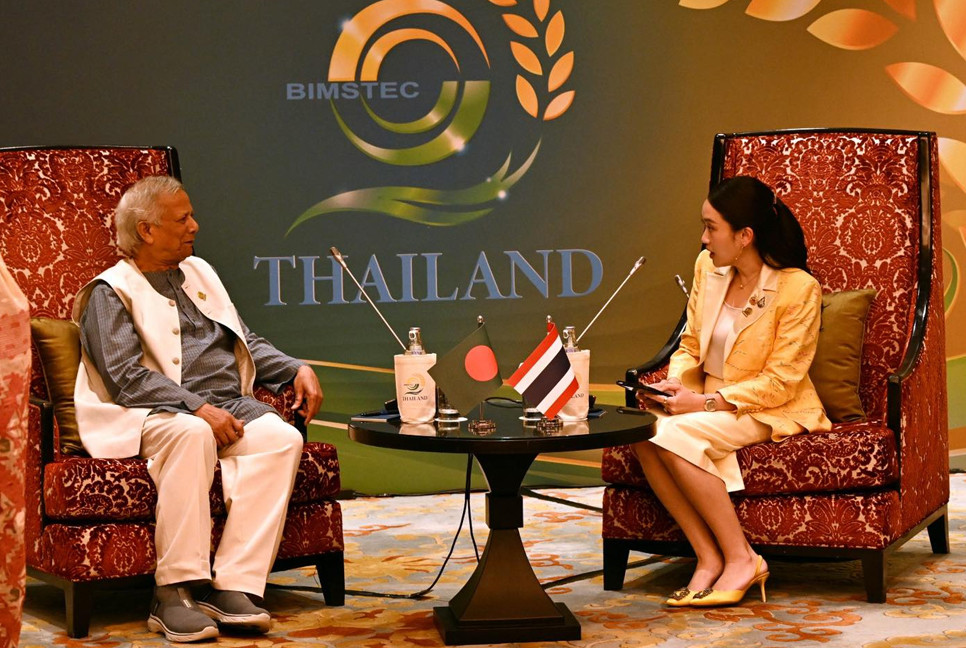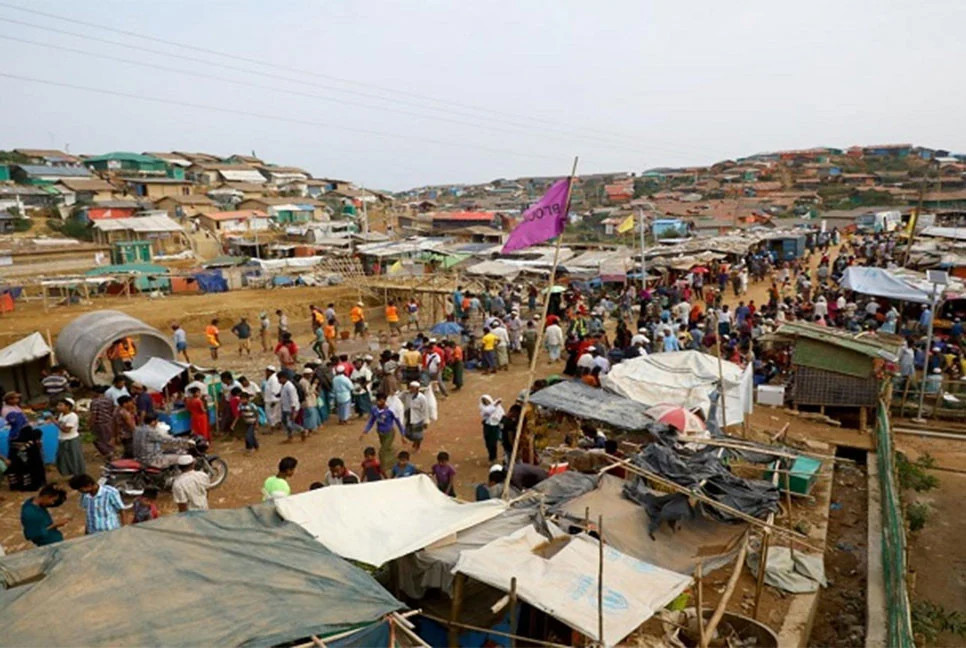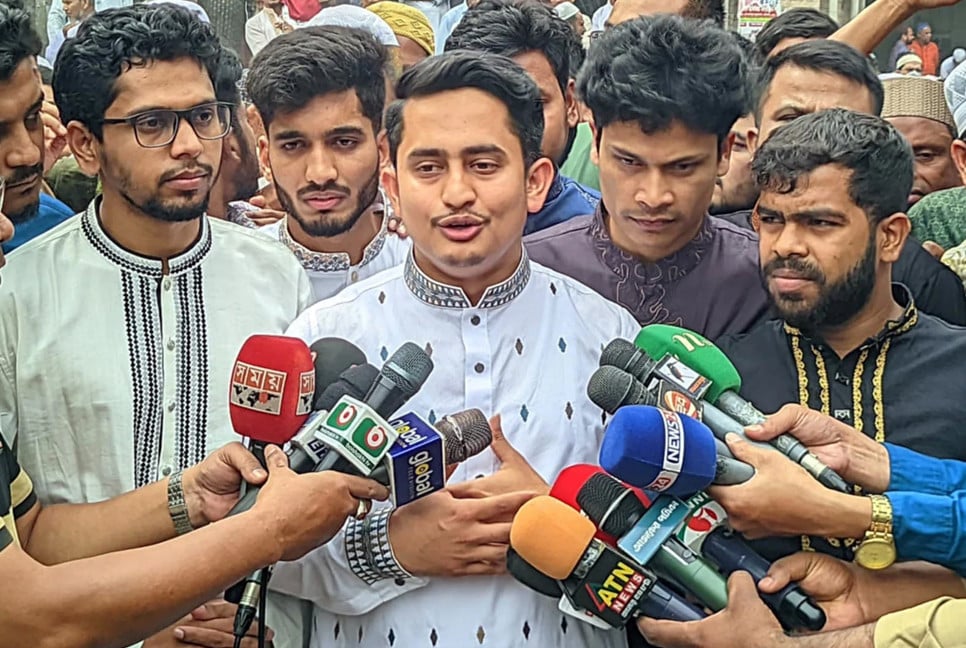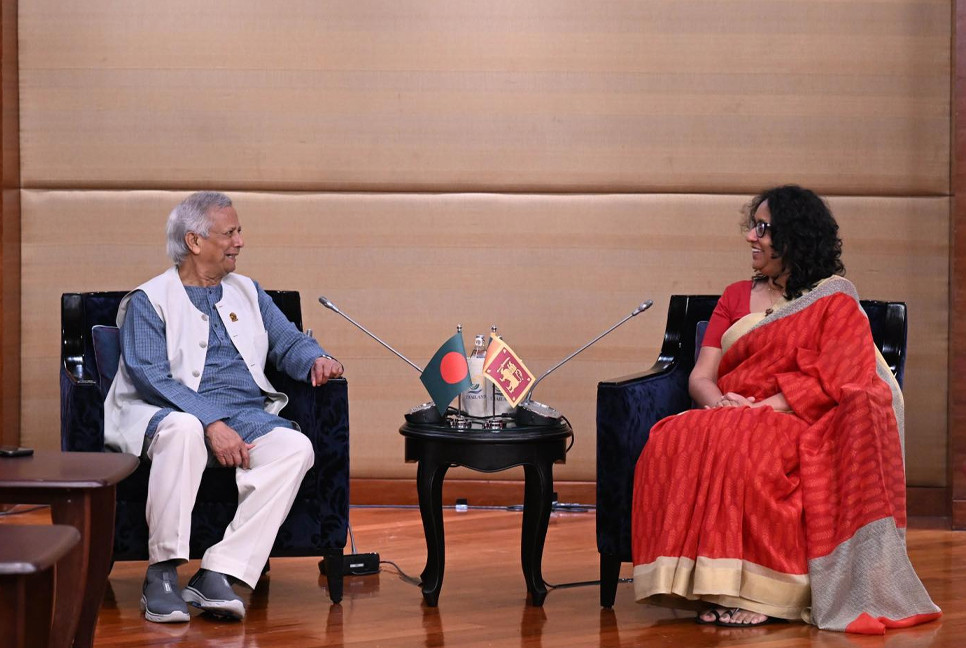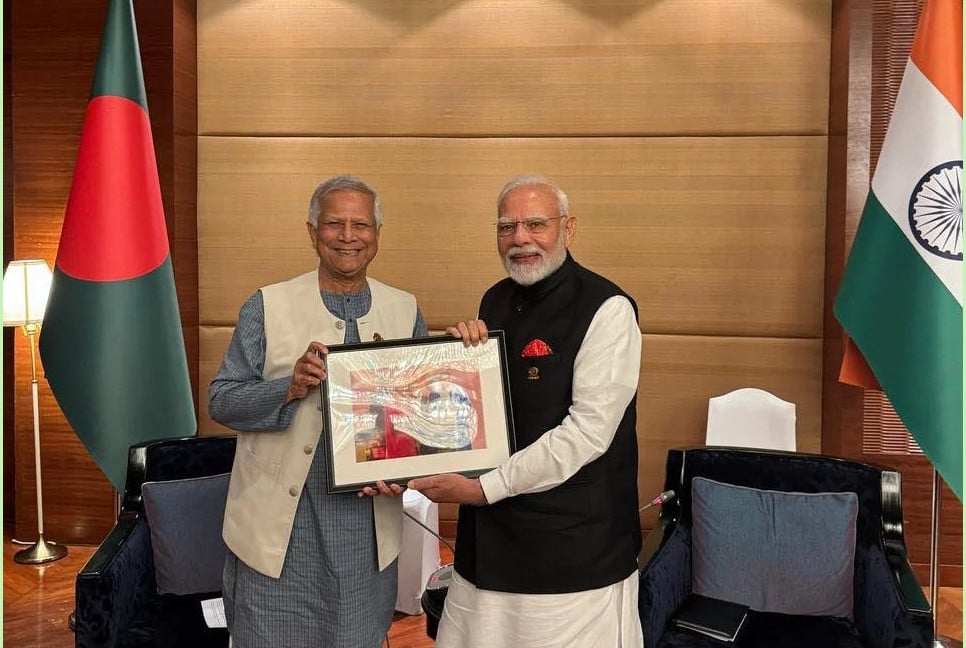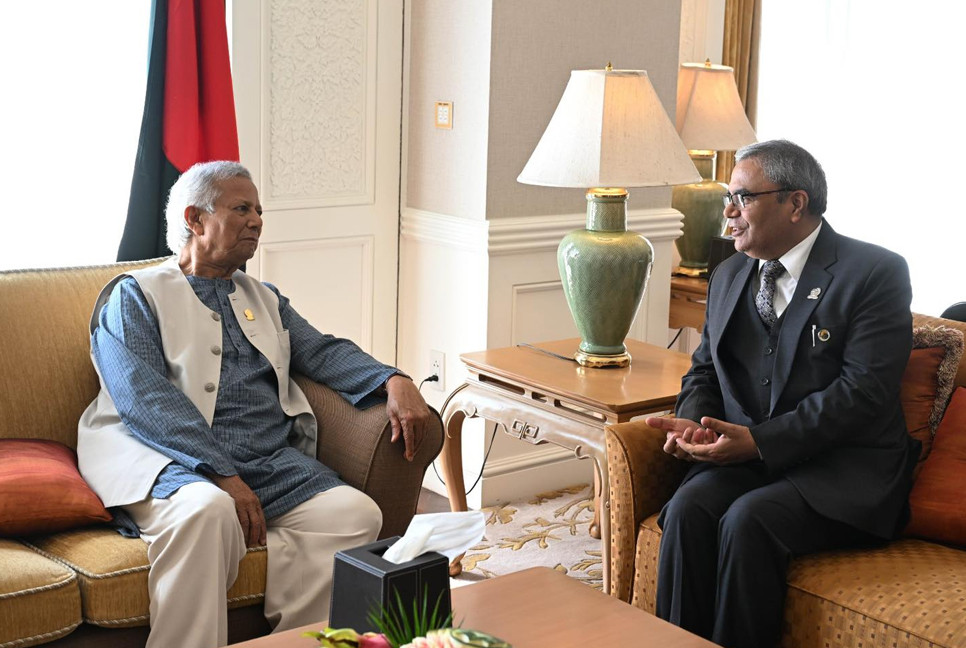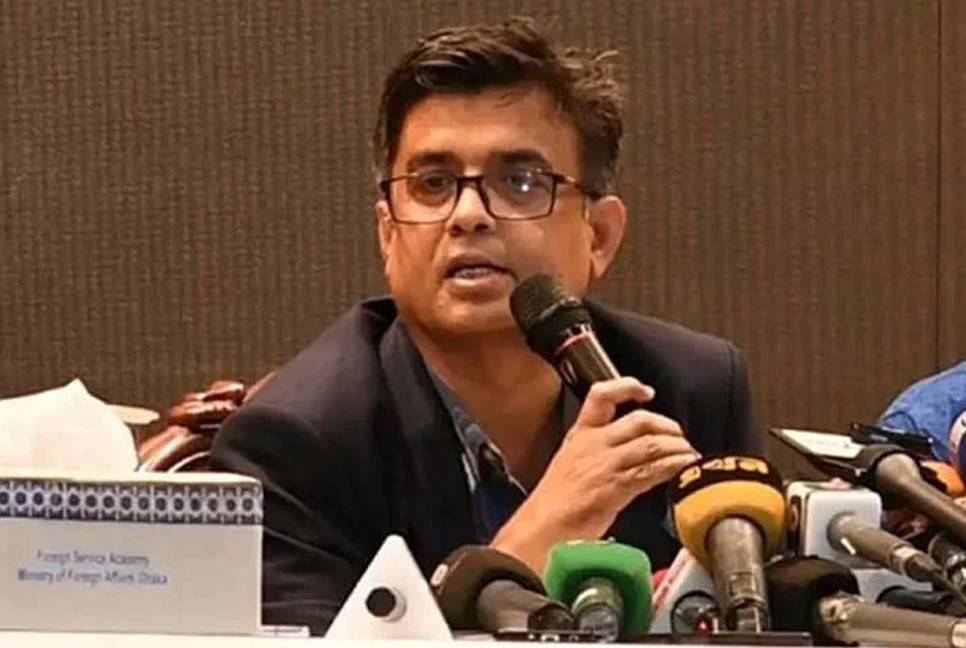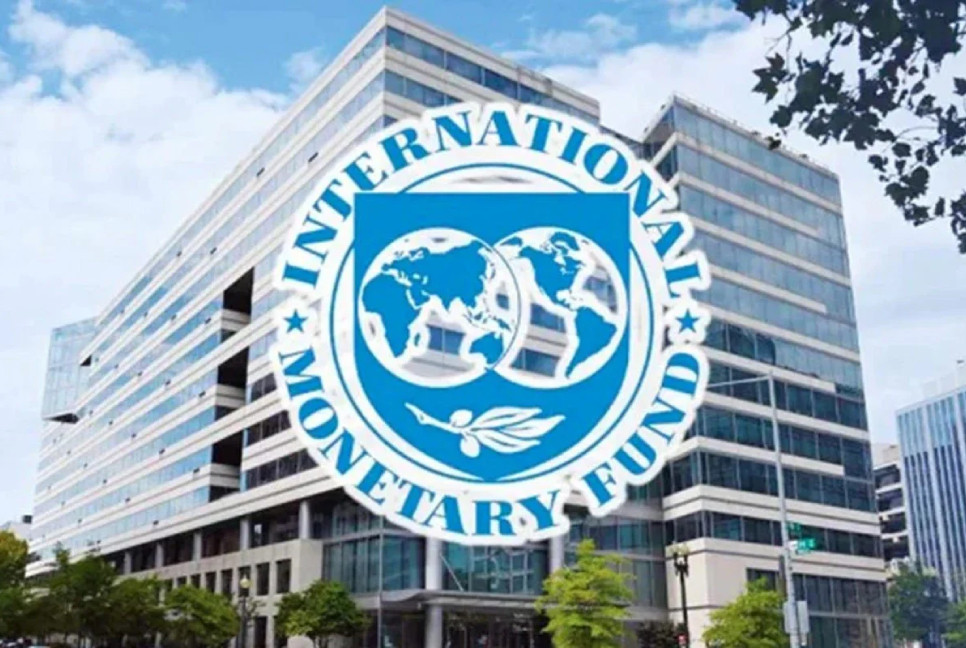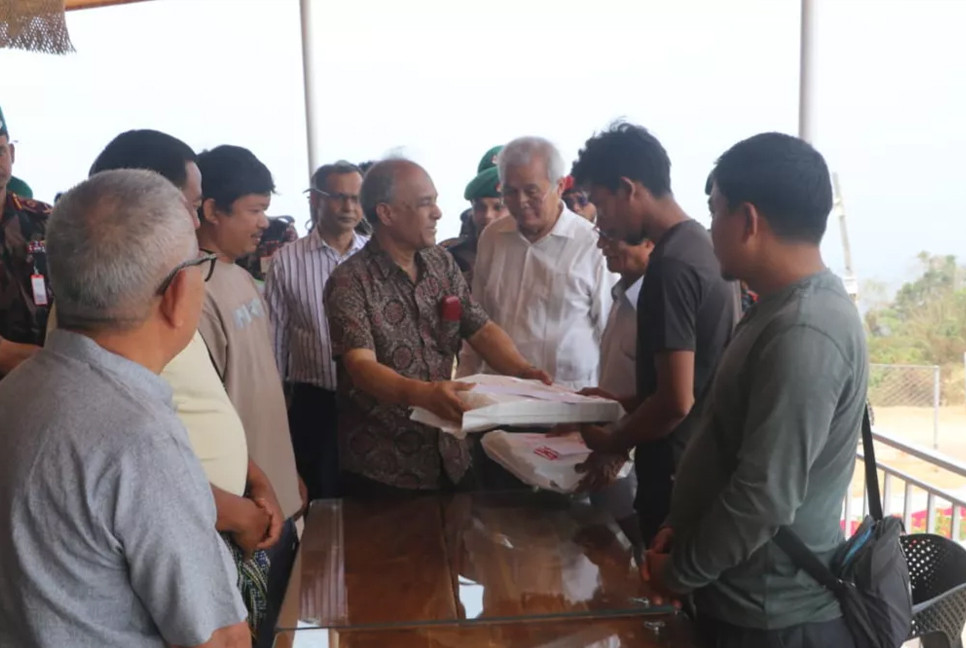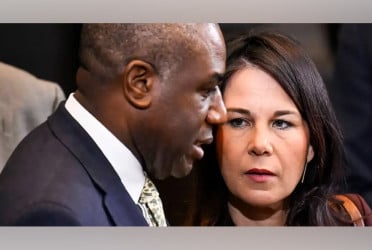The Local Government Reform Commission has released its primary recommendations for strengthening and enhancing the effectiveness of local government, reports BSS.
The commission, headed by Professor Tofayel Ahmed, was formed following a government notification on November 18 by the Cabinet Division, with the primary goal of proposing necessary reforms to improve local government system.
In its primary report, the commission acknowledged delays in beginning its work, noting that additional time will be required to complete the final report.
However, the government has already set up a 'National Consensus Commission' to engage with national leaders and discuss the reforms.
To facilitate the consensus-building process, the Local Government Reform Commission has decided to present some of its basic recommendations for the immediate consideration by the government and the Consensus Commission.
The preliminary report also incorporates two additional chapters—one based on an opinion survey conducted by the Bangladesh Bureau of Statistics (BBS) with responses from 46,680 people across the country, and another one is on election-related issues.
The preliminary report includes recommendations on various issues including formation of local government, its legal framework, election, judicial system, financial matters, service structure, women's representation, local government in the Chittagong Hill Tracts, formation of a permanent Local Government Commission, establishment of a separate department under the ministry, restructuring various institutions, restructuring the ministry’s various departments and offices, decentralization of Bangladesh Water Development Board and Planning Commission at the district and upazila levels.
Among the various areas covered in the report, the commission has emphasized significant reforms in the local government structure and legal framework and the existing three-tier local government system is proposed to undergo extensive changes to improve its effectiveness.
Regarding women's representation, the report recommends that women members of reserved seats should automatically hold one-third position of executive councils of chairpersons and mayors.
Besides, it is suggested that women will have the opportunity to serve as chairpersons of permanent committees of the local government institutions at all levels.
On financial matters, the report calls for granting local governments broader authority to collect taxes, enabling them to generate more resources for local development.
The commission has also recommended formation of a permanent Local Government Commission with constitutional status, which will be responsible for overseeing local judicial issues.
In terms of the local government service structure, the report suggests establishing separate organogram for Union, Upazila, and Zilla Parishads.
Moreover, it recommends the formation of a distinct department under the Ministry of Local Government, which would employ professionals skilled in financial auditing, performance monitoring, and project evaluations to ensure the efficient functioning of local government bodies.
Another significant recommendation is the establishment of full-fledged civil, criminal, and alternative dispute resolution (ADR) courts at the upazila level, with judges appointed to handle local disputes.
The details of the report have been published on the commission's website for public review and discussion.
Bd-Pratidin English/ AM

